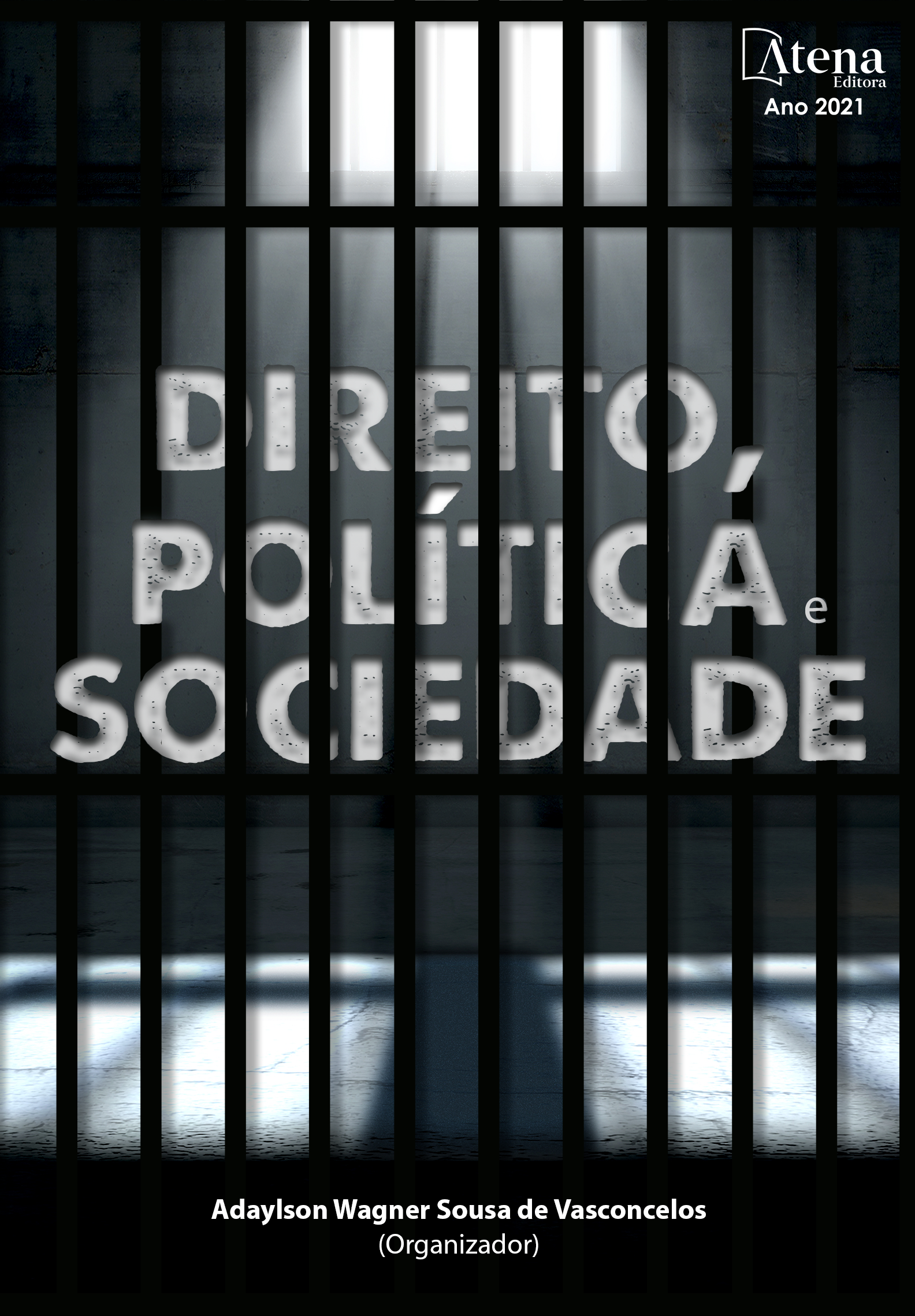
A INCONSTITUCIONALIDADE DO DIREITO AO ESQUECIMENTO: uma análise da decisão adotada pelo STF no Recurso Extraordinário 1.010.606/RJ
Sob a visão do STF, Ministro Dias Toffoli, o direito ao esquecimento pode ser compreendido como o interesse em não ser confrontado no presente por elementos materializadores do passado, revelando assim, íntima ligação com o direito à privacidade e a manutenção da Dignidade da Pessoa Humana. Assim, o objetivo principal do presente artigo consistiu em analisar a decisão adotada pelo STF no Recurso Extraordinário 1.010.606/RJ. Os objetivos específicos consistiram em discorrer sobre o conceito, organização e atuação do STF enquanto guardião da Constituição, conceituar o direito ao esquecimento, à luz da doutrina brasileira e internacional, bem como fazer um comparativo dos votos dos ministros do STF no julgamento do RE 1.010.606/RJ. A metodologia empregada foi em uma pesquisa bibliográfica de caráter qualitativo, pautada na doutrina BONAVIDES (2011), ALEXY (2011), MORAES (2016), além da decisão prolata pelo Supremo Tribunal Federal sobre o aludido Recurso Extraordinário. O direito ao esquecimento, embora encontre guarida no direito à privacidade e a segurança, estampados no art. 5º caput da CF/1988, revela-se incompatível com o aludido diploma constitucional, que resguarda o direito à liberdade (garantia de primeira geração/dimensão) e a informação, constantes no art. 5º caput e inciso XIV da atual Carta Magna, revelando-se, sob a perpectiva do STF, como sendo inconstitucional.
A INCONSTITUCIONALIDADE DO DIREITO AO ESQUECIMENTO: uma análise da decisão adotada pelo STF no Recurso Extraordinário 1.010.606/RJ
-
DOI: 10.22533/at.ed.55721061210
-
Palavras-chave: Direito ao esquecimento. Direito à liberdade. RE 1.010.606/RJ.
-
Keywords: Right to forget. Right to freedom. RE 1,010,606.
-
Abstract:
Under the view of the Supreme Court, Min. Dias Toffoli, the right to be forgotten can be understood as the interest in not being confronted in the present by materializing elements of the past, thus revealing an intimate connection with the right to privacy and the maintenance of the Dignity of the Person Human. Thus, the main objective of this article is to analyze the decision adopted by the STF in Extraordinary Appeal 1,010,606. The specific objectives are to conceptualize the right to be forgotten, in the light of Brazilian and international doctrine, as well as to make a comparison of the votes of the STF ministers in the judgment of RE 1,010,606. The methodology used was the qualitative bibliographic research, based on the doctrine BONAVIDES (2011), ALEXY (2011), MORAES (2016), in addition to the prolific decision by the Supreme Federal Court on the mentioned Extraordinary Appeal. The right to be forgotten, although it finds shelter in the right to privacy and security, stamped in art. 5th caput of CF / 1988, is incompatible with the aforementioned constitutional law, which protects the right to freedom (first generation guarantee / dimension) and information, contained in art. 5th caput and item XIV of the current Magna Cart, revealing, from the perspective of the STF, as being unconstitutional.
-
Número de páginas: 15
- DAYANE REIS BARROS DE ARAÚJO LIMA
- HILZIANE LAYZA DE BRITO PEREIRA LIMA
- HÉRISSON FERNANDO SOUSA
- ROMÉZIO ALVES CARVALHO DA SILVA
- GIULIA MATTZA TORRES OLIVEIRA DE ASSUNÇÃO
- FRANCISCO DAVI NASCIMENTO OLIVEIRA


